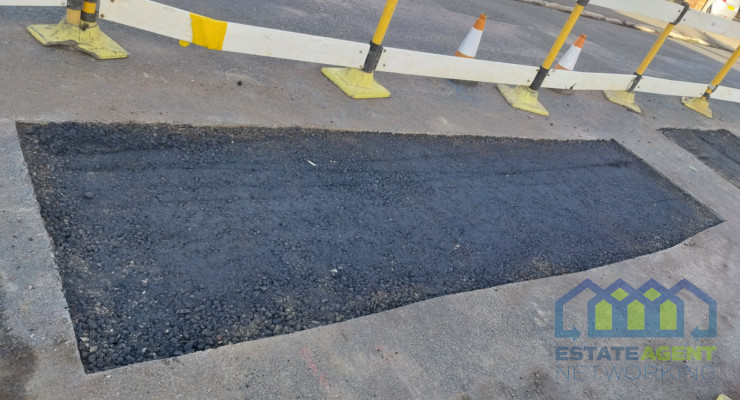Stamp duty – masterstroke or policitcal electioneering?
Chancellor George Osborne yesterday in his Autumn statement was either entering into the seasonal spirit by providing hard pressed home buyers with an early Christmas present, with a long overdue overhaul of Stamp Duty or it was a smart political manoeuvre with one eye on the forthcoming general election in May 2015! As it is almost Christmas- the season of goodwill to all men and I am not a cynical political commentator, I think I best give him the benefit of any doubt!
From midnight last night, the Government have introduced a fairer and simpler method of calculating stamp duty, replacing the very unfair and unpopular “slab” system of paying a percentage of the full price paid for a property, depending on its price banding to a variable duty payable only on the proportion of the property price that falls within each band.
In simple terms according to the Government 98% of home buyers will be better off under the new system.
There are changes at most levels in the market but I have chosen to focus on the bands most pertinent to the market we operate in and therefore our buyers and sellers.
For those purchasing a property up to £125,000 there is no change and still no duty to pay. However where it gets interesting is in the £125,000 to £250,000 bracket where 78% of our transactions are done.
Previously if you were buying a property at say £185,000 the duty payable under the old system would have been 1% of the total purchase price £1850. Under the new system a purchaser will have to pay 2% stamp duty – but only on the portion above £125,000 the £60,000 differential, making a new duty of £1200 and a saving of £650!
So in principal we should all be rejoicing and whilst not wishing to be a party pooper, after the initial euphoria dies down and the reality of the situation kicks in, there could of course be upward pressure on house prices, especially in certain price brackets that could theoretically negate the stamp duty saving. Let’s take a property on the market at say £275,000. Up until yesterday it would have cost a buyer paying the asking price 3% of the total amount – a sum of £8250 in stamp duty on top of the price paid. Many sellers asking between £260,000 & £275,000 previously knew that they were unlikely to achieve much more than £250,000 because of the jump in stamp duty. However under the new scheme a buyer will now only pay £3750 on a purchase price of £275,000 (2% on the portion between £125,000 & £250,000 = £2500) plus (5% on the portion between £250,000 & £275,000 =£1250) a saving of £4500! I can see a scenario where opportunist sellers will be less negotiable on their price knowing buyers have a little more spare cash in their pockets and prices will almost inevitably go up as a consequence. I hope I am wrong!
It remains to be seen what longer term effect the Chancellor’s reforms will have on prices and the market and whether it is a genuine masterstroke and the boost the market needed or a blatant piece of political electioneering to win over house sellers seeing the value of their home rising!









